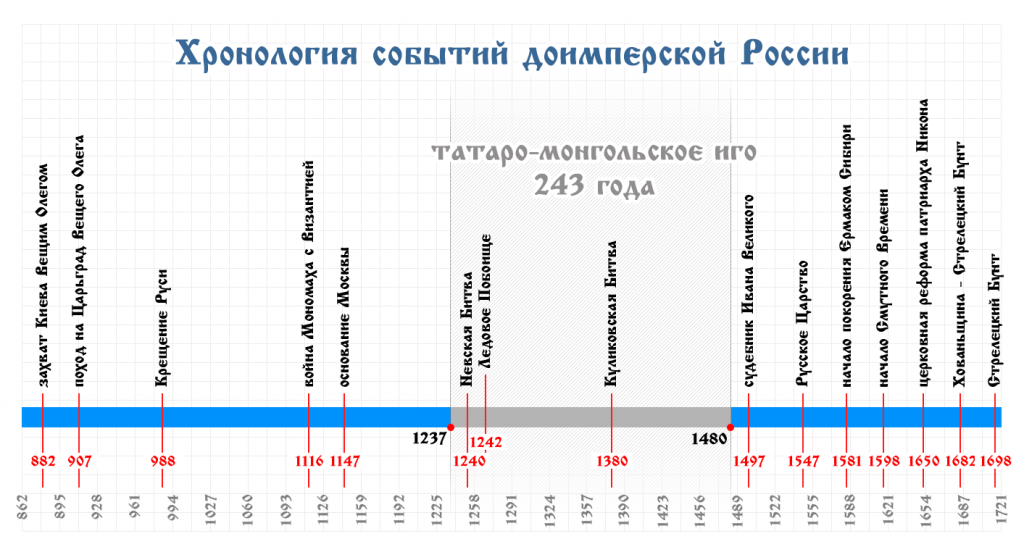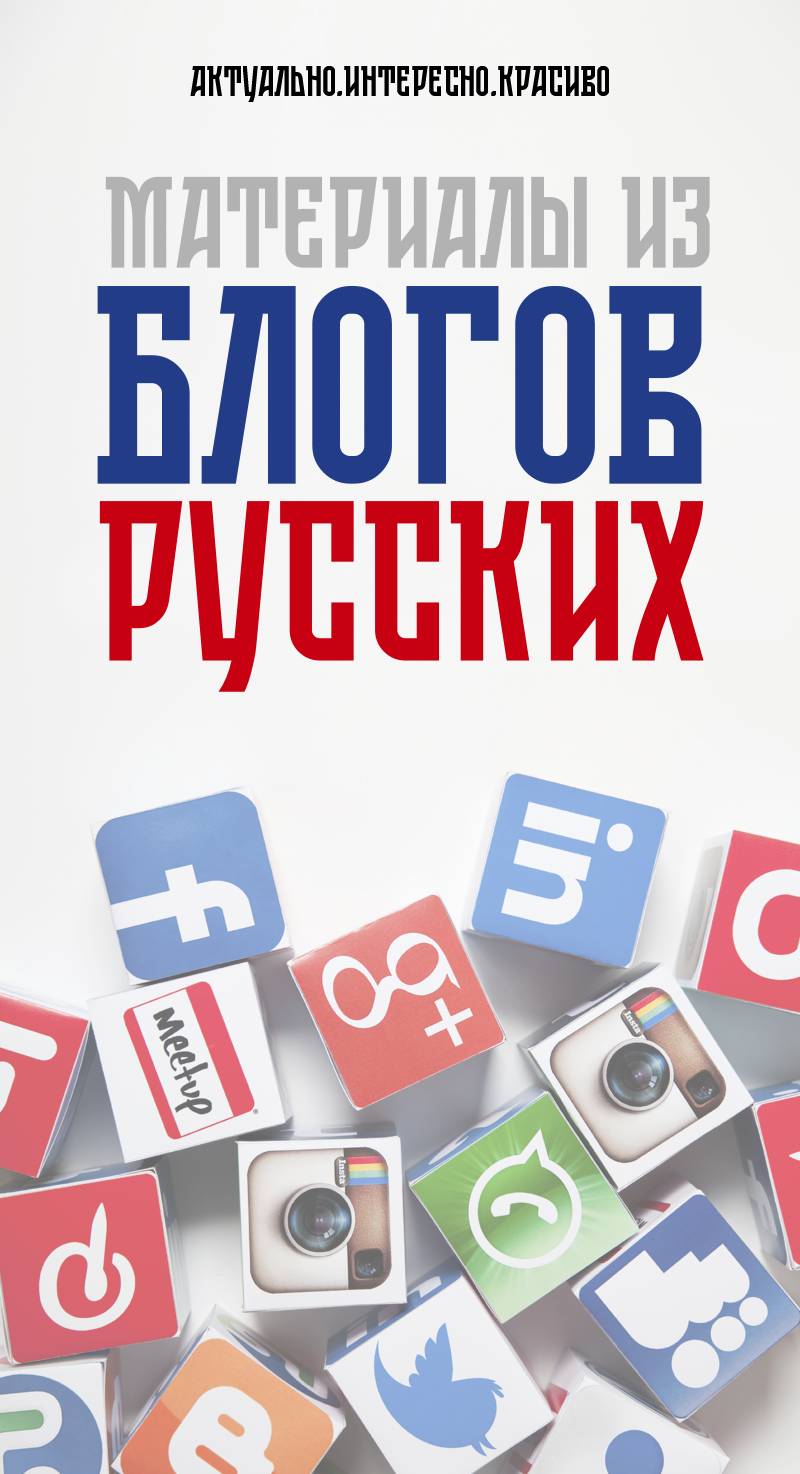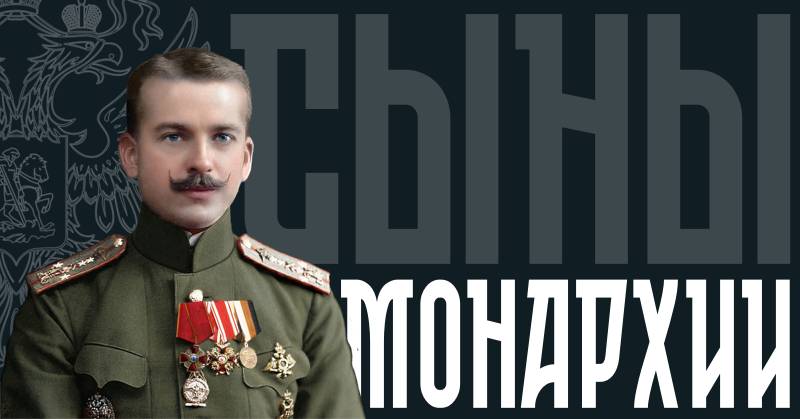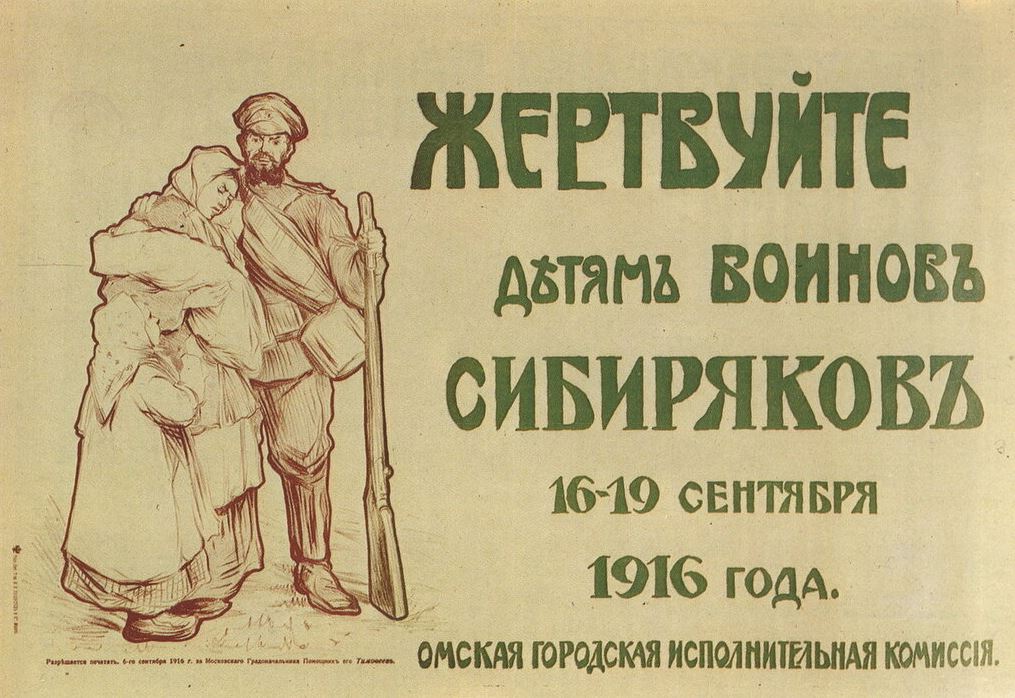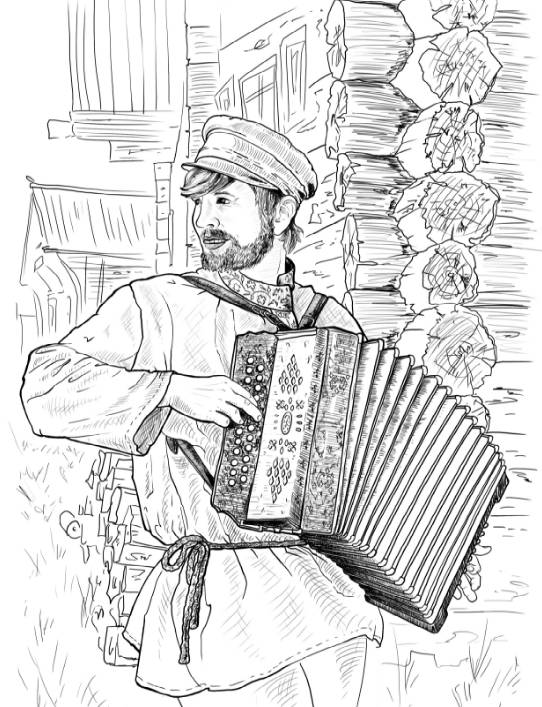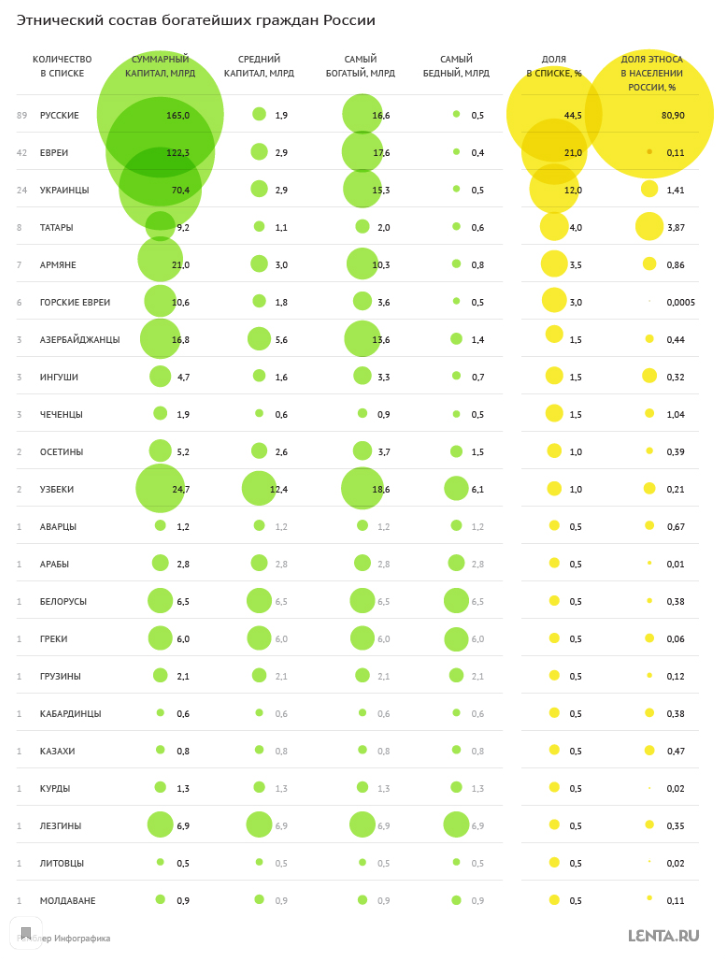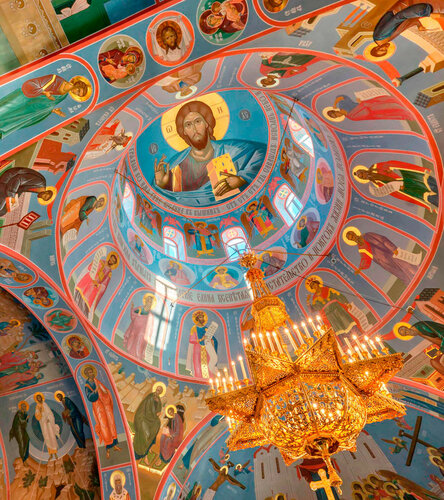Из истории раскола христианской церкви в 1054 году
- Брадобритие у латинян.
- Обязательное безбрачие всего духовенства у латинян и нежелание их причащаться у женатых священников.
- Служение литургии на опресноках.
- Пост в субботу.
- Допущение женитьбы мужчины на сестре его умершей жены.
- Ношение католическими епископами перстней на пальцах рук.
- Хождение католических епископов и священников на войну и осквернение своих рук кровью убитых.
- Наличие у католических епископов жён и наличие наложниц у католических священников.
- Ядение в субботы и в воскресения Великим постом яиц, сыра и молока и несоблюдение Великого поста.
- Ядение удавленины, мертвячины, мяса с кровью.
- Ядение католическими монахами свиного сала.
- Совершения Крещения в одно, а не три погружения.
- Изображение Креста Господня и изображение святых на мраморных плитах в церквах и хождение католиками по ним ногами.
Статья на Wiki: https://ru.wikipedia.org/wiki/Раскол_христианской_церкви_(1054)
Article iamruss.ru site in English
Translation of some articles via translayte.google.com
[pagelist_ext limit_content="200"]
translated by translate.google.com
Such is the passage was born during the debate on one of the blogs during the discussion: Who is Russian? "Dad - Turks, mother - Greek, and I am a Russian." If a person feels culturally and morally and psychologically Russian - it means he is Russian - nothing more threatening to the ethnic identity of the Russian people than you can imagine ...
Suddenly it became clear that quite clearly is not possible to answer this question. Everything is so confused in the minds of Russians of all nationalities, that someone is an urgent need to begin to deal with this difficult issue. For further neglect of this topic at the level of society and the state will lead to the fact that the Russian might finally lose its folk and ethnic identity - they simply did not know each other when they met on the outside, behavioral and other characteristics.
Russian might finally lose its folk and ethnic identity.
The main problem in this matter lies in the fact that the modern concept of "Russian" embedded sense of the word "Soviet" is a collective term of all the peoples living within the borders of Russia and focuses on the fact that the joint formation of separate phases of history. Added to this confusion with the official term "Russian people - cement multinational people." In such a conceptual mess it is not possible to clearly answer the question: who are the Russian and what attributes they possess.
Where to begin
I would suggest to start with doimperskih times. That is from the time when Peter l have not brought to Russia (in Russia) and many foreigners did not allow them to public office which decides the fate of the empire and its people. It doimperskie Russian russkosti the benchmark, which should serve as a starting point for forming the image of the Russian people. Basic territorial conquest and assimilation achievements were made during that period. Russian people from the Russian kingdom formed the core base of the Russian people, which is then joined by the rest.
Russian people from the Russian kingdom formed the core base of the Russian people.
Value doimperskogo period of Russia's history lies in the fact that it is necessary to keep in mind - it's Russian Slavs. That is Russian are accumulating concept is based on the Slavic ethnic groups. Without Slavic approach to the topic of Russian identity stored in the history of all the great qualities of the people will not succeed. Without the basics of Slavic, Russian will be "dumping ground of nationality."
It should also not forget that Peter l system of the Russian Empire on the basis of Russian living material from the central regions of Russia. And this "Russian living material" was formed around the Slavic core, which is poured Tatar, Finno-Ugric and Siberian blood.
Why do so many want to be Russian
Because to be a Russian profitable. Russian - very popular brand, ownership of all things Russian gives a person a large charge-esteem and positions it in the outside world as a representative of the largest country, with a rich history of winning, achievement, conquest and discovery. With thousands of years of history of creativity. With the Russian ballet, Russian bayonets and the proud words "Russian - do not give up!".
... Be beneficial to Russian. Russian - very popular brand ...
Of course, we should not forget that in the memory of people left the Soviet past, and then have a passport Russian nationality was considered very beneficial and it was prepared by crook.
The state's position
State deeply to spit on Russian identity. If you now simultaneously take out from the territory of Russia and the Russian bring "intelligent blacks and Asians," the state machine as the working and will work. Just for drilling and refineries are blacks working hands.
What a difference a manager whose goal is profit, who is at the machine? What nafig difference whose finger will press the start button missile - Slavic or Mongolian?
The state, even the most comfortable level "historic" Russian, for precisely the Russian, whose roots go deep into the history may say, this is my oil and my gas is, this is my territory. And they say it's for the simple reason that the land abundantly watered Russia sweat and blood of their ancestors, which are their kind of doimperskih Russian and those who dug ditches to drain the hands of wetlands around the future of St. Petersburg and whose bones lie at the base. This city is built on the bones of Russian peasants from Central Russia, but the Turks, Greeks, Jews, Armenians and Georgians where hundredths of a percent.
St. Petersburg is built on the bones of Russian peasants of central Russia.
State machine is quite satisfied that the Russian could be anyone, but would be Orthodox, Russian-speaking and russkokulturny. Because it opens up tremendous opportunities for the importation of "new Russian" and quick-tech Russification - problems with fertility and demographics will disappear by themselves.
Effect Makarevich
Or in another way - a betrayal of famous people. Those people whose name is on the hearing and whose opinions are listened to the broad masses. Can someone word "betrayal" seems too strong, but the essence of it is this phenomenon: the people instead of to support the theme of the historical approach to understanding russkosti form the conceptual background based on populist ballot box stuffing. They thereby further eroding the subject and even more complicate the ability to answer the question: who are the Russian?
Most of our fellow citizens - trusting people who solidly spoken word from a famous person is perceived as the truth in the first instance. And it's dangerous!
"The elite of society" has a minimal percentage of Russian-ness as a part of your Self
If you ask why the "elite" of society does this, then the answer is to be found rather quickly - this is the most elite of the minimum percentage of Russian-ness as a part of your Self Speaking very roughly and napryamki - these people are mestizo, of mixed blood do not feel personal and spiritual connection with the history of Russia = Father of the Turks, a Greek mother, and I'm Russian. These people communicate with Russian history - Learnt from books, but not soaked with mother's milk and moralizing father. Many of these people in the past changed their real names on the Russian.
Father of the Turks, a Greek mother and Baba Yaga against
Guaranteed to be the people who will make every effort to zatrollit theme, that is to prevent the direct or the essence of it in an advantageous direction.
Also guaranteed to be people who suddenly fall into a stupor by asking yourself the question: who am I by nationality, if the concept of a Russian, I do not get? This will be the collapse of personal landmarks. And this Russian point of identification is the most difficult. I still can not answer it, but be sure to come up with solutions.
In Russian nationality passed through the male line.
The trouble is many people grow because of the Soviet approach to the formation of a unified multi-ethnic people of the Soviet Union: a mixture of blood his father and mother are automatically allowed to refer themselves to the Russian. Although Russian nationality passed through the male line.
Almost conclusion
The eternal Russian question: who is to blame and what to do? To answer it, we must first understand the intricacies of the concepts of ethnicity, ethnic group, nation, nationality, and finally the people. And the answer is clear who the Russian terms of these anthropological concepts.
Also, we need to agree that there is no such thing - "nationality." Speaking specifically about the need to ethnicity (origin), the people (ethnic groups combined) and the nation (belonging to a nation-state). If we properly use these three categories, we can avoid conflicts during discussions about who the Russian.
Speaking specifically about the need to ... people (together ethnic groups) ...
How's that incident: it can be said Russian Georgian origin, Russian Armenian, Russian and Chechen blood, but we can not say Russian Russian origin Russian Russian, Russian with Russian blood. Why, you ask, and it's simple: at the Russian-Slavic someone once selected ethnic group, well, or that ethnic group "accidentally" lost ...
And if you do nothing?
Then 20-30 years peresnimut movies "Sadko" and "Jack Frost", which respectively Sadko will afrorusskim blacks and Alenka will Tadzhik with Turkish coarse hair. As we have already been done with the "Quiet Don", where he played a homosexual Cossack Gregory-metrosexual.
При всем совершенстве и развитости русского языка, обыденная и ежедневная речь русского человека будет выглядеть блеклой и скучной без старинных русских слов. Слова из русского прошлого добавляют в речь русского человека краски эмоций и выразительность смысла, осуществляя одновременно, незримую духовную связь русского человека со своими историческими корнями.
Привычка использовать эти слова позволит вам сохранить свою русскую душу, обеспечит преемственность поколений и позволит нам, русским, остаться уникальным народом.
Преамбула
Православие - это неотъемлемая часть русской этнической идентичности
Православие – это комплексный и многомерный религиозный фактор, воздействующий на российское общество и он, этот фактор, обладает тремя характерными гранями влияния:
- Православие как вера,
- Православие как идентичность,
- Православие как образ жизни
Связь человека хотя бы с одной из вышеуказанных граней позволяет причислять его к православным, а притеснение в любой из этих сфер можно считать притеснением на религиозной почве.
 Емельян Михайлович Ярославский (настоящие имя и фамилия Миней Израилевич Губельман) — российский еврей-революционер, советский партийный деятель, идеолог и руководитель антирелигиозной политики в СССР. Председатель «Союза воинствующих безбожников».
Емельян Михайлович Ярославский (настоящие имя и фамилия Миней Израилевич Губельман) — российский еврей-революционер, советский партийный деятель, идеолог и руководитель антирелигиозной политики в СССР. Председатель «Союза воинствующих безбожников».
В июле 1917 года Емельян Ярославский вернулся в Москву, создавал военную организацию партии, был одним из руководителей большевистской газеты «Социал-демократ», осенью 1917 года редактировал газету «Деревенская правда». Был делегатом VI Съезда РСДРП(б), членом Московского военно-революционного комитета, одним из руководителей вооруженного восстания в Москве. От большевиков Москвы был депутатом Учредительного собрания. В 1918 году был комиссаром Московского военного округа, потом работал в Перми и Омске.
На 8 и 9 Съездах партии избирался кандидатом, а на 10 и 11 Съездах — членом ЦК РКП(б), в 1921 году работал секретарем ЦК. На 12-16 съездах партии Ярославский избирался членом ЦКК ВКП(б), с 1923 года — секретарь партколлегии ЦКК. Был членом ЦИК СССР, редколлегии газеты «Правда» и журнала «Большевик», с 1931 года — председатель Общества старых большевиков, с 1937 года — депутат Верховного Совета СССР, с 1939 года — академик и член ЦК ВКП(б). Скончался 4 декабря 1943 года. Похоронен у Кремлевской стены.

С 1925 года Ярославский — председатель Центрального совета Союза воинствующих безбожников (1925—1943). В 1923 году вышла его книга «О религии».
Именно «организатору безбожного движения» принадлежит ставшая знаменитой в СССР максима: «Борьба против религии — борьба за социализм». Был редактором журналов «Безбожник», «Безбожный крокодил», «Безбожник у станка», под его руководством издавалось множество антирелигиозных брошюр, плакатов и открыток.
Например, одна из карикатур «Безбожника» изображала, как Бог вдувает Адаму душу через клистирную трубку. Одновременно главный атеистический журнал печатал статьи большевистских лидеров, дававшие ориентиры для деятельности местных партийных и советских структур, такие как «…выселение богов из храмов и перевод в подвалы, злостных — в концлагеря» (из статьи Н. И. Бухарина).

При участии Ярославского составлялись списки запрещённых книг, в которые вошли произведения Платона, Иммануила Канта, Владимира Соловьёва, Льва Толстого, Фёдора Достоевского и др. Все свои действия Ярославский теоретически обосновывал, например: «Толстой в настоящее время, если брать его отрицательное отношение к государству, если взять его отрицательное отношение к классовой борьбе, его враждебность к науке, является выразителем идей и настроений социальных прослоек, не имеющих никакого будущего, политическое значение которых для сегодняшнего дня ничтожно».
…одним из убежищ, одним из прикрытий для крестьянина, который не хочет в колхоз… остается религиозная организация с гигантским аппаратом, полторамиллионным активом попов, раввинов, мулл, благовестников, проповедников всякого рода, монахов и монашек, шаманов и колдунов и т. п. В активе этом состоит вся махровая контрреволюция, ещё не попавшая в Соловки, ещё притаившаяся в складках огромного тела СССР, паразитирующая на этом теле.
(Емельян Ярославский, «Соцсоревнование и антирелигиозная пропаганда». «Правда», 1 мая 1929 г.)
всего статей: 1642




